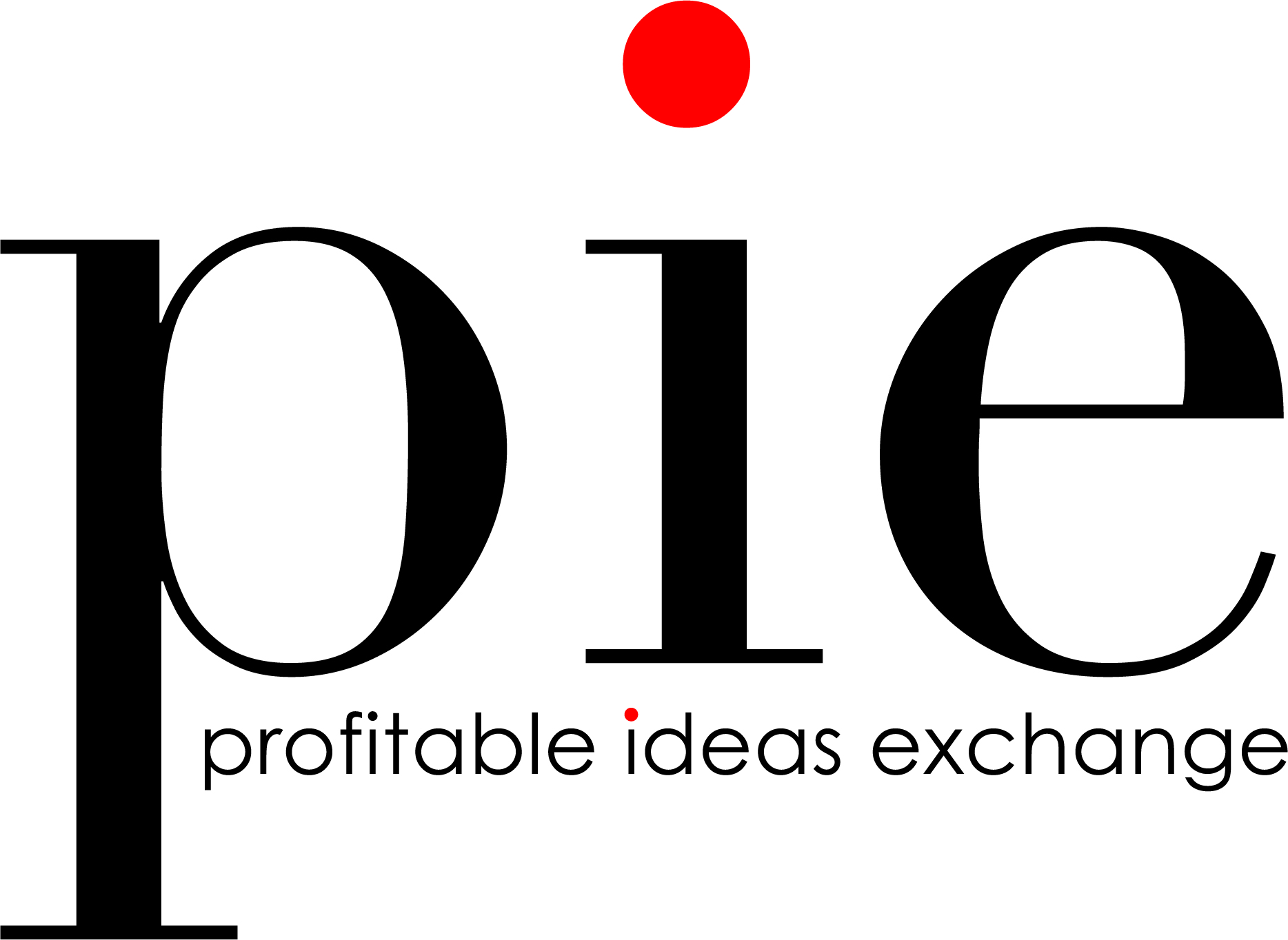

Profitable Ideas Exchange

Montana, United States
November 2022
Management consultant - for-profits
Service with Minor Environmental Footprint
United States
Collaboration drives revenues, improves performance and accelerates innovation, but in a fast-paced and complex business world – it is hard to do. At Profitable Ideas Exchange (PIE), we build and facilitate networks of executives on your behalf enabling you to deepen market understanding, add differentiating value, spread internal best practices, benchmark, collaborate with respected leaders, and earn the right to win new work. By connecting you with new markets and the best thinking, we partner with you to create lasting competitive advantage. At PIE, collaboration is about connecting the right pieces together to make a better whole. Over the past decade, more than ten thousand senior executives representing 400 of the Fortune 500 have participated in PIE-powered networks. PIE offers a variety of programs that help your team focus on the power of authentic relationships for unlocking growth. In addition to executive communities, PIE also offers comprehensive support for advisory board management, business development workshops and training for rising stars and leadership teams, relationship mapping and account planning services, business development roadmap analysis, keynote speaking, and more. Our work in this arena includes business development training for leadership team
Overall B Impact Score
Governance 9.8
Governance evaluates a company's overall mission, engagement around its social/environmental impact, ethics, and transparency. This section also evaluates the ability of a company to protect their mission and formally consider stakeholders in decision making through their corporate structure (e.g. benefit corporation) or corporate governing documents.
What is this? A company with an Impact Business Model is intentionally designed to create a specific positive outcome for one of its stakeholders - such as workers, community, environment, or customers.
Workers 35.4
Workers evaluates a company’s contributions to its employees’ financial security, health & safety, wellness, career development, and engagement & satisfaction. In addition, this section recognizes business models designed to benefit workers, such as companies that are at least 40% owned by non-executive employees and those that have workforce development programs to support individuals with barriers to employment.
Community 25.1
Community evaluates a company’s engagement with and impact on the communities in which it operates, hires from, and sources from. Topics include diversity, equity & inclusion, economic impact, civic engagement, charitable giving, and supply chain management. In addition, this section recognizes business models that are designed to address specific community-oriented problems, such as poverty alleviation through fair trade sourcing or distribution via microenterprises, producer cooperative models, locally focused economic development, and formal charitable giving commitments.
Environment 8.1
Environment evaluates a company’s overall environmental management practices as well as its impact on the air, climate, water, land, and biodiversity. This includes the direct impact of a company’s operations and, when applicable its supply chain and distribution channels. This section also recognizes companies with environmentally innovative production processes and those that sell products or services that have a positive environmental impact. Some examples might include products and services that create renewable energy, reduce consumption or waste, conserve land or wildlife, provide less toxic alternatives to the market, or educate people about environmental problems.
Customers 1.5
Customers evaluates a company’s stewardship of its customers through the quality of its products and services, ethical marketing, data privacy and security, and feedback channels. In addition, this section recognizes products or services that are designed to address a particular social problem for or through its customers, such as health or educational products, arts & media products, serving underserved customers/clients, and services that improve the social impact of other businesses or organizations.